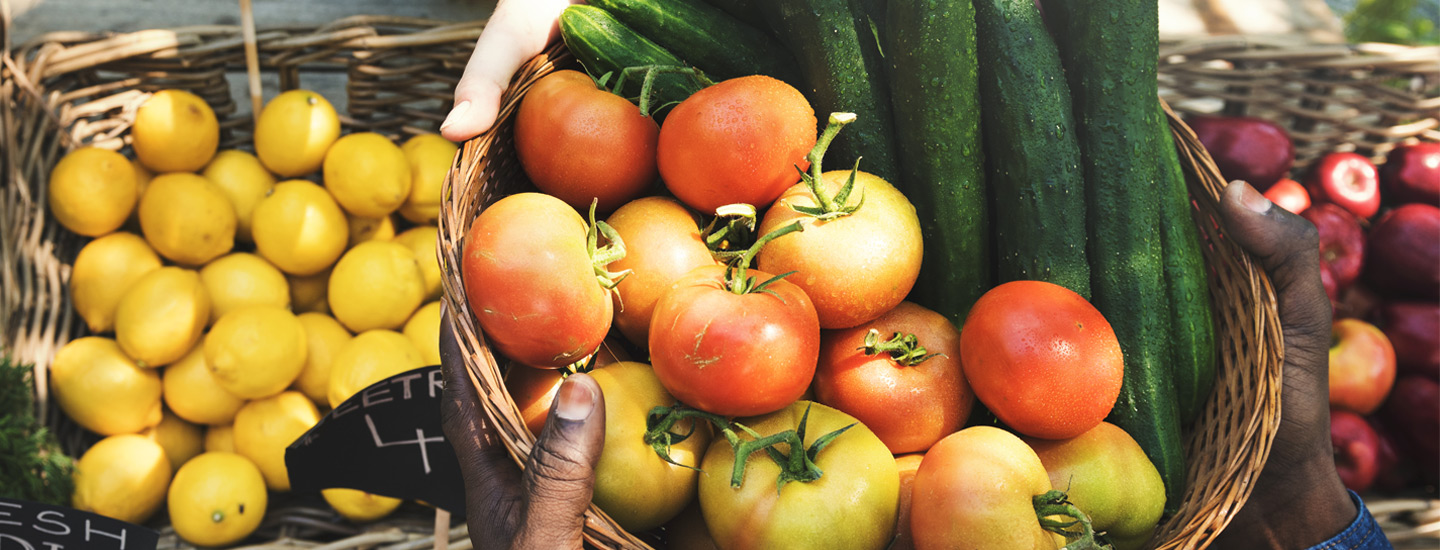Published May 26, 2022 in the Tallahassee Democrat
By Susan Towler and Robin Safley
When the pandemic began the U.S. Department of Agriculture extended free meals to school-age children all year long, including the summer months. The program will no longer be available at the end of this school year and many food insecure families are now facing a summer without school food assistance programs.
The situation is made even more dire as inflation and the cost-of-living soars, leaving millions in critical need of year-round nutritional assistance.
Food insecurity is not only detrimental to individual health, development, and well-being, but is crippling the progress of communities across our state and society. More than 3.1 million Floridians struggle to afford nutritious food, and about one in five children, or more than 900,000 in the state lack proper nutrition, according to a study by the Feeding America network. Vast racial and ethnic disparities are also rampant. The prevalence of food insecurity among Black and Hispanic households is more than two times greater than non-Hispanic white households.
Prior to the pandemic, two out of three people served by Feeding America’s network had to choose between food and utilities and more than half chose between food and housing.
Tackling the issue of food insecurity in our communities is not only the moral and ethical thing to do. It also addresses the economic and social impact it has on our communities and our state today and for the future.
Adults who go hungry are less productive and have more chronic conditions such as diabetes, depression, and high blood pressure. Research has also found food insecurity associated to some birth defects as well as childhood cognitive problems, asthma, aggression, anxiety and even suicide ideation.
Here in Florida, more than $4.2 billion in health care costs are associated with food insecurity each year, according to a CDC study.
What are we – and what should you – be doing to help combat this escalating problem?
Some of the solutions include investing in innovative programs that when brought together can make a tremendous difference to those in need of assistance. That includes destigmatizing food programs and initiatives like free food pantries at schools and hospitals; expanding Fresh Access Bucks that allow SNAP recipients to get double dollars to purchase produce; and offering medically tailored meals to help patients prevent, delay and manage diet-related diseases and conditions. Programs like Feeding Florida’s Mobile Markets Program are making a clear difference in patient care as well as preventive health.
We need to broaden our approach and recognize that food security is a concern for all of us. It must be a priority for our government, corporations and individuals. Above all, we need to fight against hunger 12 months out of the year.
Just this month, the Florida Blue Foundation announced $3.8 million in grants to 12 nonprofit organizations focused on advancing food security across the state in innovative ways. Florida Blue has long prioritized food security – or access to nutritious foods that promote optimal health and well-being – as a driver of health at all stages of life.
Investments in food security can prevent a broad range of serious and chronic diet-related diseases and conditions, lower health care costs and improve mental well-being.
Recognizing this as a public health priority, public and private sector organizations must work together to identify sustainable solutions and elevate existing programs that promote inclusivity, reduce stigma, and get affordable, nutritious food into the hands of Floridians.
Susan Towler is the executive director of the Florida Blue Foundation, the philanthropic foundation for the state’s Blue Cross Blue Shield plan.
Robin Safley is the executive director of Feeding Florida, the state’s network of food banks working to solve hunger.
- - - - - -
Source: https://www.tallahassee.com/story/opinion/2022/05/26/achieving-food-security-all-floridians-requires-year-round-commitment-opinion/9915641002/


